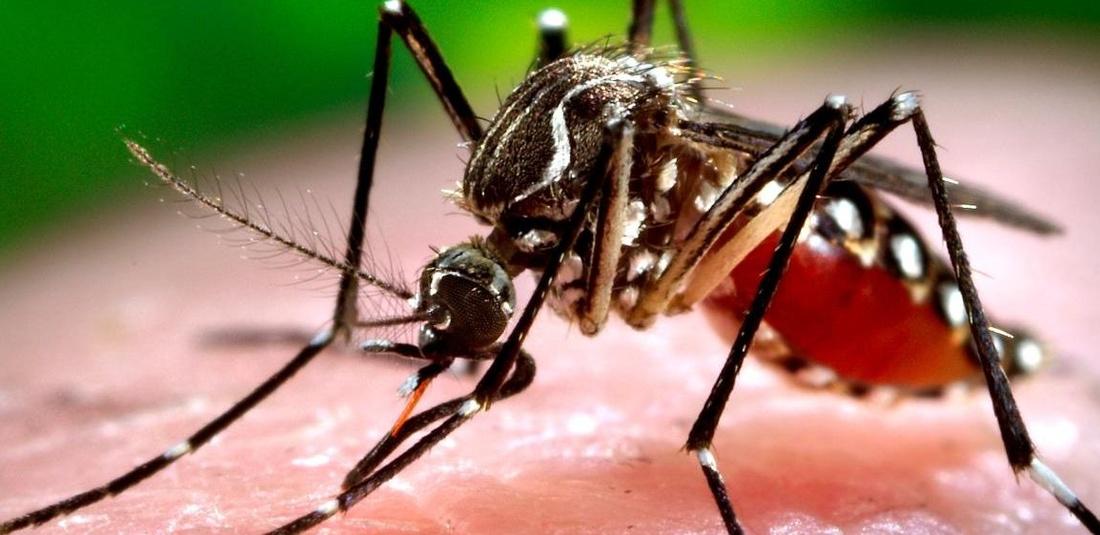What Is Chikungunya? Symptoms, Causes, Diagnosis, Treatment, and Prevention
If you are searching the answer to your question what is Chikungunya then you have got to the perfect place. Here in this blog we will cover what is Chikungunya, what are the symptoms of Chikungunya, what causes Chikungunya, how you can diagnose Chikungunya, what is the best treatment for Chikungunya, and what are the preventive measures you can take to avoid Chikungunya.
What exactly is Chikungunya?
Chikungunya is a virus that is spread to humans by infected mosquitoes. It is caused by the Chikungunya virus and is characterized by high fever and severe, debilitating joint pain.
The term “Chikungunya” comes from a Kimakonde word that means “that which bends ups,” referring to the contorted appearance of people suffering from joint pain. The disease was first identified in 1952 during an outbreak in southern Tanzania.
Although chikungunya had previously been detected in Africa, Asia, Europe, and the Indian and Pacific Ocean regions, it was not until 2013 that local transmission of the virus was discovered in the Caribbean. The virus has since spread throughout the majority of the Americas, including the United States.
What are the Symptoms of Chikungunya?
A fever is usually the first symptom of Chikungunya, followed by a rash. The onset of illness usually occurs 4 to 8 days after being bitten by an infected mosquito (but also seen in the range from 2 to 12 days). Apart from this you can feel
- Sudden high fever(104 degree F)
- Severe pain in your joints,
- Giddy & headache
- Nausea
- Rashes on the body
- Joint swelling
- Occasionally Vomiting
What are the causes of Chikungunya?
The Chikungunya virus spreads between humans via mosquitoes. A naive (uninfected) mosquito can pick up the virus as it ingests the blood of a viremic person (someone who has the virus circulating in their blood). The virus then replicates in the mosquito for a period of time before being transmitted to a new, naive host when the mosquito next feeds. In this newly infected person, the virus begins to replicate and amplify to high concentrations. If they are bitten by a mosquito while the virus is circulating in their blood, the mosquito can pick up the virus and the transmission cycle begins again.
Chikungunya virus is most commonly transmitted to humans by Aedes aegypti and Aedes albopictus mosquitoes. These are the same mosquitoes that spread dengue fever.
How to diagnose Chikungunya?
There are several methods for diagnosing Chikungunya virus infection. Serological tests, such as enzyme-linked immunosorbent assays (ELISA), may be used to confirm the presence of anti-Chikungunya IgM and IgG antibodies.
What is the best treatment for Chikungunya?
Because no medicine or vaccine is currently available, the only effective treatment option is to relieve symptoms and reduce pain. Typically, over-the-counter (OTC) medications to reduce fever and pain are prescribed and must be taken for a set period of time. Immunity-boosting medications are also given to patients in order to protect them from future infections. Additional treatment for inflammation of the eyes or heart muscles, which can occur in some extreme cases, may be required in rare cases. Patients suffering from Chikungunya are generally advised to rest and drink plenty of fluids because the body dehydrates rapidly.
How long does Chikungunya last?
Fever usually lasts several days to a week. The fever may also be biphasic, which means that it appears in two stages.
How can we prevent Chikungunya?
Because there is no vaccine or preventive medication for Chikungunya, the best way to avoid infection is to avoid mosquito bites. However, potential vaccines are being tested in clinical trials.
People traveling to high-risk areas should take the following precautions:
- Wearing long sleeves, long pants, and other skin-protective clothing
- Applying insect repellents to one’s skin or clothing
- Ensuring that indoor spaces have adequate mosquito screens
- If you sleep during the day, use insecticide-treated mosquito nets over your bed.
- If you spend a lot of time outdoors in mosquito-infested areas, wear mosquito netting over your face and neck in addition to gloves or repellents.
- Avoiding travel to areas where there is a Chikungunya outbreak.
- During the day, using mosquito coils and insecticide vaporizers.
If you have Chikungunya, you should avoid mosquito bites during the first week of your illness because the virus can be passed to a mosquito and then to another person.
So here Guest Blogging Pro has covered what Chikungunya is, symptoms of Chikungunya, causes of Chikungunya, how to diagnose Chikungunya, treatment of Chikungunya and preventive measures you can take to avoid Chikungunya. Hope you have enjoyed reading this blog.




